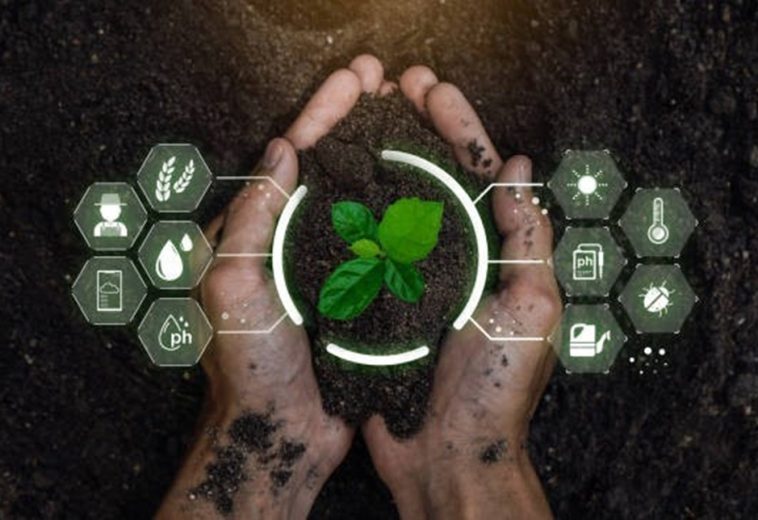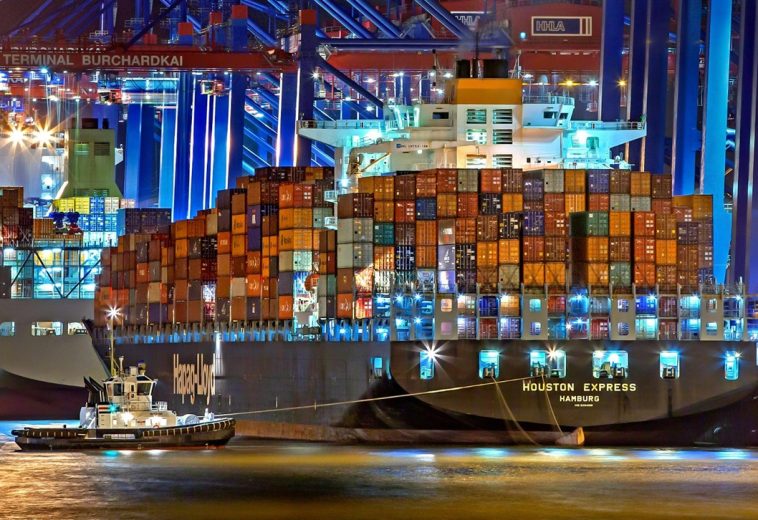Thirty African heads of state and government have reaffirmed their commitment to advancing energy access across the continent, pledging to implement crucial reforms and actions aimed at providing reliable, affordable, and sustainable electricity.
This collective pledge was formalised in a declaration during the Mission 300 Africa Energy Summit, held in Dar es Salaam, Tanzania. Mission 300 partners have committed over $50 billion to support the initiative, which seeks to bridge Africa’s significant energy gap.
The Dar es Salaam Energy Declaration marks a significant step in addressing the continent’s electricity deficit, with over 600 million Africans still living without access to power. As a key component of the Mission 300 initiative, the declaration brings together governments, development banks, private-sector partners, and philanthropic organisations to connect 300 million Africans to electricity by 2030. The document is set to be submitted for adoption at the upcoming African Union Summit in February.
READ ALSO: Inside Africa’s Energy Transformation: Tech That’s Changing Everything
The initiative is viewed as a crucial driver for economic growth, job creation, and improved living standards across Africa. By prioritising energy access, Mission 300 lays the foundation for a brighter future, particularly for the continent’s growing youth population.
During the summit, twelve countries—Chad, Côte d’Ivoire, the Democratic Republic of Congo, Liberia, Madagascar, Malawi, Mauritania, Niger, Nigeria, Senegal, Tanzania, and Zambia—presented detailed National Energy Compacts. These frameworks outline targeted strategies to scale up electricity access, boost renewable energy usage, and attract private-sector investments. The compacts, endorsed at the highest level, incorporate time-bound objectives focused on increasing affordable power generation, expanding grid connections, and enhancing regional energy integration. By leveraging satellite and electronic mapping technologies, governments can identify cost-effective solutions to bring electricity to underserved communities.
Speaking at the summit, President Samia Suluhu Hassan of Tanzania emphasised the significance of the event, stating, “Hosting this landmark occasion is a privilege for Tanzania, as we discuss strategies to fulfil our commitment to providing power and clean cooking solutions that will transform lives and economies.”
The successful implementation of these energy strategies requires strong political will, long-term planning, and unwavering support from Mission 300 partners. Governments are working to create an enabling environment through comprehensive reforms, complemented by increased concessional financing and strategic collaborations with philanthropies and development banks to catalyse private-sector investments.
Dr. Akinwumi A. Adesina, President of the African Development Bank Group, underscored the importance of bold reforms to accelerate electrification. He stated, “Expanding renewable energy, improving utility performance, ensuring transparency in licensing and power purchase agreements, and establishing predictable tariff regimes are critical. Our collective aim is to support African leaders in developing and executing clear, country-led energy compacts that align with their national visions for electrification.”
Similarly, World Bank Group President Ajay Banga highlighted the fundamental role of electricity in development, remarking, “Access to electricity is a basic human right. Without it, nations and communities cannot thrive. Our mission to provide electricity to half of the 600 million Africans without power is a crucial first step. Success depends on collaboration; no single entity can achieve this alone. Governments, businesses, philanthropies, and development banks must work together to accomplish our shared goal.”
During the summit, major funding commitments were announced:
• The African Development Bank Group and the World Bank Group plan to allocate $48 billion for Mission 300 by 2030, with flexible adjustments based on implementation needs.
• Agence Française de Développement (AFD) pledged €1 billion to support energy access initiatives in Africa.
• The Asian Infrastructure Investment Bank (AIIB) committed between $1 billion and $1.5 billion to support Mission 300.
• The Islamic Development Bank (IsDB) Group announced $2.65 billion in funding for Mission 300 and broader energy access programmes from 2025 to 2030.
• The OPEC Fund made an initial commitment of $1 billion, with further financing expected.
• The World Bank Group and the African Development Bank Group jointly launched Zafiri, an investment company aimed at supporting private-sector-led energy solutions, such as renewable mini-grids and solar home systems. Zafiri’s anchor partners plan to invest up to $300 million in its first phase, with a long-term goal of mobilising up to $1 billion to bridge Africa’s energy equity gap.
The summit brought together key African leaders, including President Julius Maadaa Bio of Sierra Leone, President Andry Nirina Rajoelina of Madagascar, Libya’s Presidential Council President Mohamed al-Menfi, President Hakainde Hichilema of Zambia, President Hassan Sheikh Mohamud of Somalia, President Brice Clotaire Oligui Nguema of Gabon, and President Joseph Nyuma Boakai of Liberia. These leaders engaged in discussions with global energy experts on the path forward.
The commitments made at the Mission 300 Africa Energy Summit highlight the power of collective action. By combining policy reforms, substantial funding, and dynamic public-private partnerships, African nations are poised to turn ambitious plans into tangible progress, delivering electricity access to millions across the continent.
The Mission 300 Africa Energy Summit was co-hosted by the United Republic of Tanzania, the African Union, the African Development Bank Group (AfDB), and the World Bank Group (WBG), with support from the Rockefeller Foundation, the Energy Sector Management Assistance Program (ESMAP), the Global Energy Alliance for People and Planet (GEAPP), Sustainable Energy for All (SEforALL), and the Sustainable Energy Fund for Africa.




